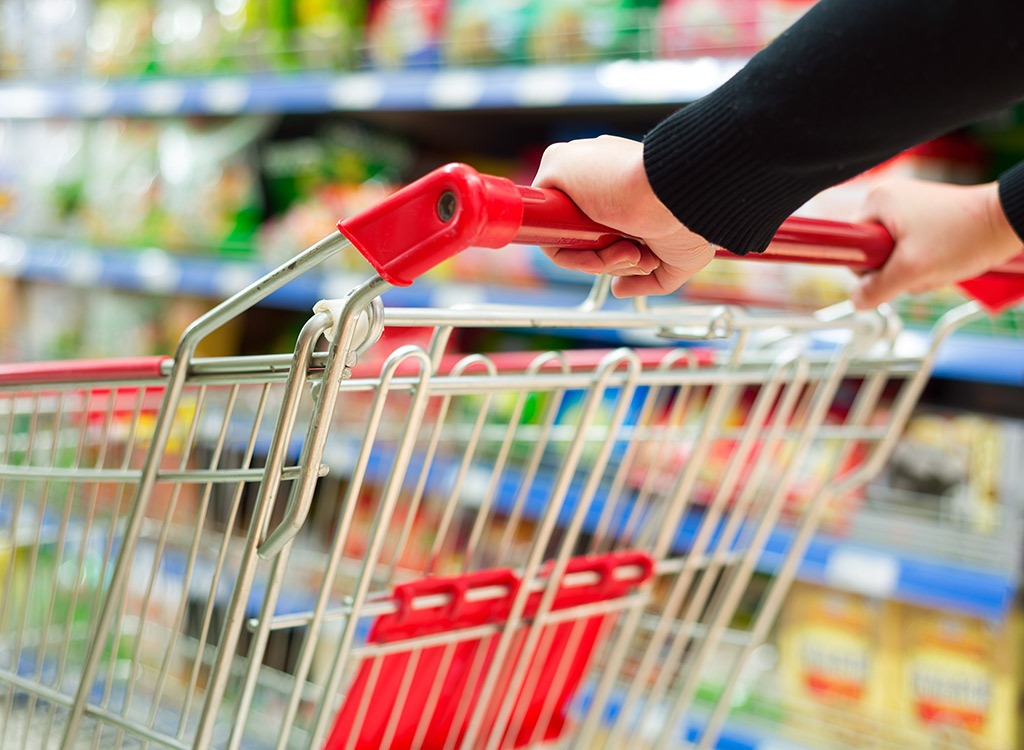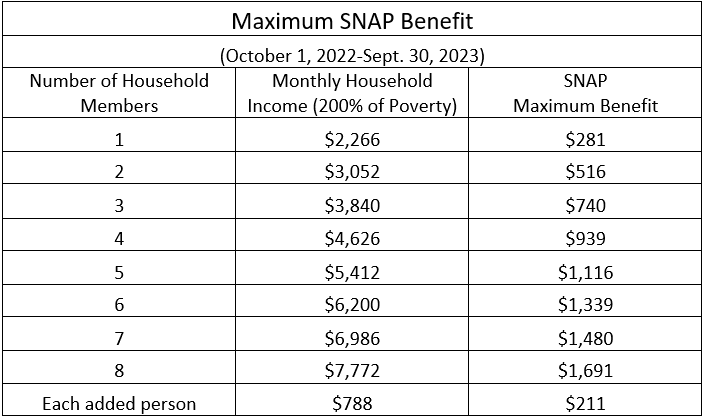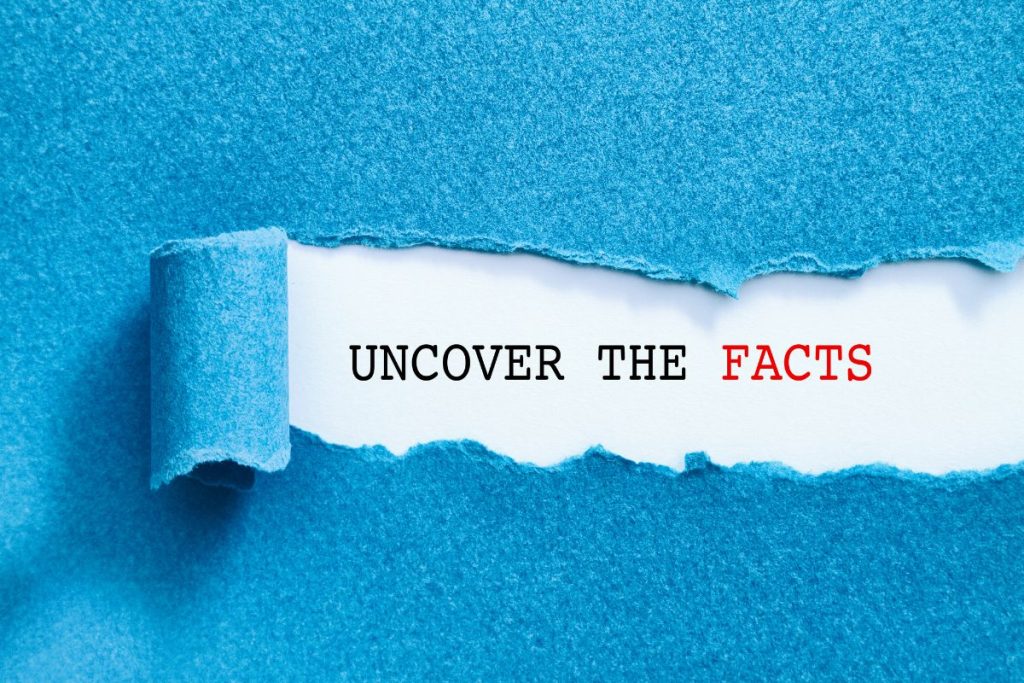Good & Bad News Concerning SNAP
SNAP Emergency Allotments are ending this month, February 2023, but income thresholds have increased. The Chester County Food Bank can help you navigate these changes to the program formerly known as food stamps.

The Bad News: Extra SNAP Payments are Ending
The extra SNAP payment officially called Emergency Allotments (EAs), will end at the end of February 2023. The payments are an additional SNAP payment that has been paid during the second half of each month since the pandemic started in 2020. These payments were authorized under the Coronavirus Aid, Relief, and Economic Security (CARES) Act. Due to a recent change in federal law, SNAP households will no longer receive the extra payment in the second half of the month. Starting in March 2023, SNAP households will only receive their regular SNAP payment.
What Should You Do
Without the extra SNAP, your benefit amount is based on your income and the expenses the program allows you to report. You should report up-to-date information as soon as possible so that you are receiving all of the benefits you are eligible for. Report a change in one of the following ways:
- Call the Department of Human Services (DHS) Customer Service Center at 877-395-8930
- Using the MyCOMPASS PA mobile app (free on Apple App Store or Google Play Store)
- Using your MyCOMPASS account at www.compass.state.pa.us
- Visit your local County Assistance Office to report changes in person.
The Chester County Assistance Office is located at 100 James Buchanan Dr. in Thorndale.
Office Hours are 8:00 am – 5:00 pm Monday – Friday
The Good News: More People of Higher Income are Now Eligible for SNAP
Former Pennsylvania Governor Tom Wolf announced in the fall of 2022 that the income eligibility for SNAP benefits would increase to 200% of the Federal Poverty Level. This means that people with higher income may now be eligible for SNAP. Make sure to report important changes like your address, your income and the income of others in your SNAP household, and your expenses and other allowable deductions. If you have questions concerning your SNAP benefits, please call the Statewide Customer Service Center at 1-877-395-8930.
Below is a chart of the new income thresholds and maximum benefit amounts:

CCFB is Here to Help
Our network of food cupboards and hunger relief partners stand ready to assist you with your food needs. Even if you receive SNAP, you can still visit a food cupboard for additional food assistance. See our Food Finder to find the food cupboard closest to you or call us at 610-863-6000 option 2 and a member of our team will assist you.
If you are interested in receiving SNAP benefits, our team can assist you in applying for this nutrition assistance program. Email snap@chestercountyfoodbank.org or call 610-873-6000 to find out more about SNAP or to receive assistance completing your application.
The following information is needed for a SNAP application:
- Full Name
- Date of Birth
- Address
- Social Security Number (please don’t email Social Security Numbers)
Income:
(must be gross income, before taxes or deductions are taken out): This may include any benefits received such as Social Security (retirement, disability, survivors or supplemental), pensions, disbursements, alimony, child support, self-employment or income from work.
If the income is from working, the following information will be needed:
- Name of employer
- Start date of job
- How often pay is received (weekly, biweekly, monthly)
- How many hours per week worked, or the average amount of hours per week if this varies
- Hourly rate
- Date of last pay
You may need to provide copies of your pay stubs to prove your income.
Household Expenses:
- Cost of monthly rent or mortgage
- List of utilities you pay for (we do not need the cost)
- If you own your home: estimate cost of homeowners insurance and taxes you pay
Other Expenses:
- If you are working or going to school and are paying for childcare or older adult care
- Child Support
- Medical expenses (if you are over 59 or disabled), if you pay over $35/month on medical expenses not covered by your health insurance, they will raise your SNAP benefits. These expenses include: prescriptions, co-pays, supplemental insurance, hospital bills, etc.

Help Spread the Truth Concerning SNAP
The Supplemental Nutrition Assistance Program is a federal program designed to help millions of people stretch their budgets and put food on the table. Qualified recipients can shop with the EBT card in most grocery and convenience stores for food, such as fresh fruits and vegetables; meats, and canned goods.
Unfortunately, we know there are misconceptions and myths about SNAP that unfairly stigmatize SNAP recipients and the use of the program. The following debunks some common SNAP myths:
MYTH: SNAP benefits only go to adults.
FACT: More than 60% of families with SNAP benefits have children. In addition, over 46% of households receiving SNAP have a family member that is disabled.
MYTH: People with SNAP benefits buy alcohol and tobacco products with their benefit.
FACT: People with SNAP benefits can buy the following using their benefit: fruits and vegetables; meat, poultry, and fish; dairy products; breads and cereals; other foods such as snack foods and non-alcoholic beverages; and seeds and plants, which produce food for the household to eat. The following are not allowed to be purchases with SNAP benefits: beer, wine, liquor, cigarettes, or tobacco, along with live animals (except shellfish, fish removed from water, and animals slaughtered prior to pick-up from the store), foods that are hot at the point of sale, any nonfood items such as pet foods, cleaning supplies, paper products, and other household supplies.
MYTH: The SNAP program is a drain on the economy and taxpayers.
FACT: A $1 billion increase in SNAP benefits economic hardships resulted in:
- Increases GDP by $1.54 billion
- Supports 13,560 new jobs and
- Creates $32 million in farm income
You can help ensure SNAP assists as many American citizens as possible by contacting your legislators to tell them how you feel about reducing food insecurity and urge them to protect this vital supplemental assistance program. You can also support the Chester County Food Bank to help families struggling with food insecurity in our community.